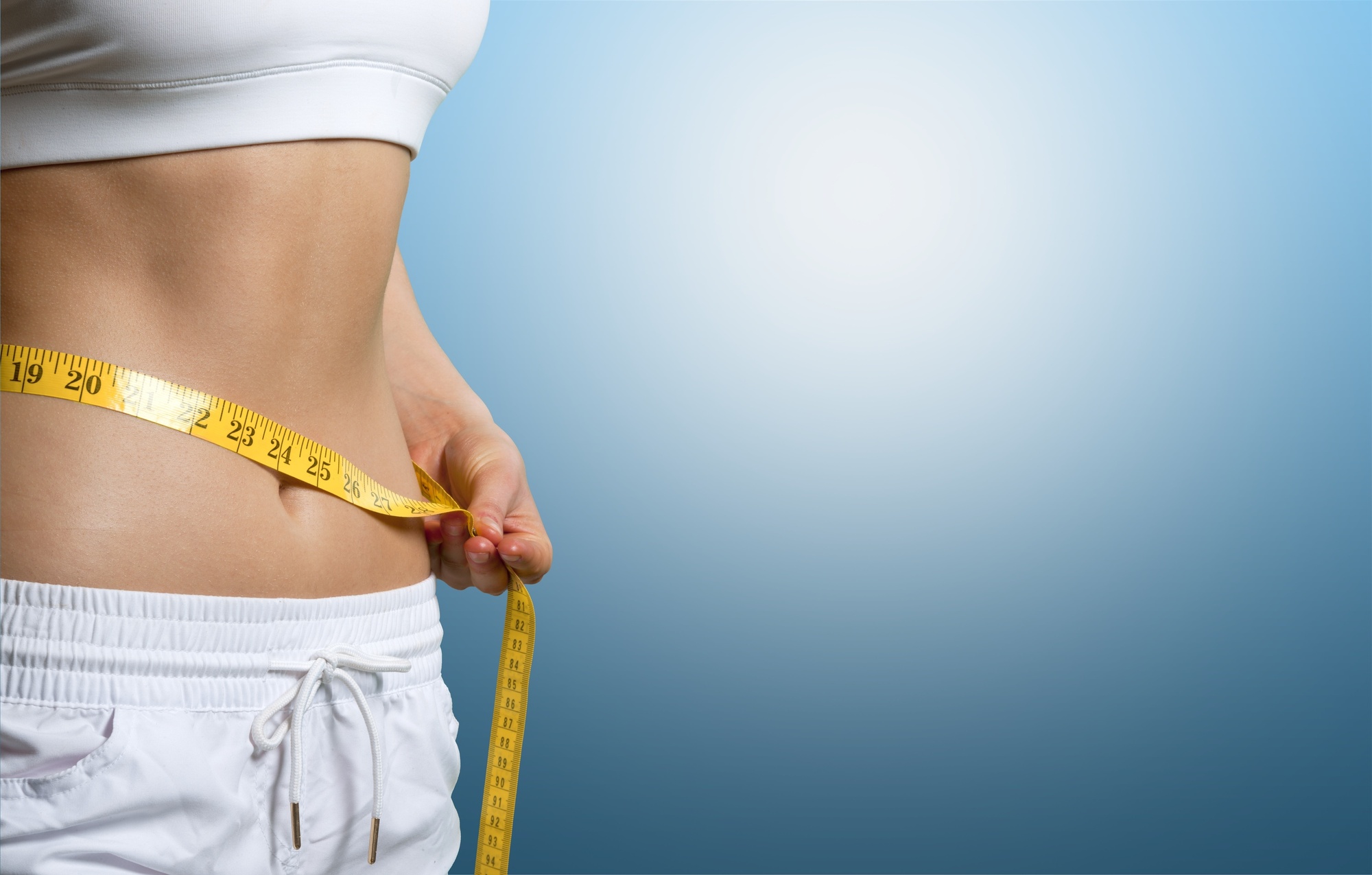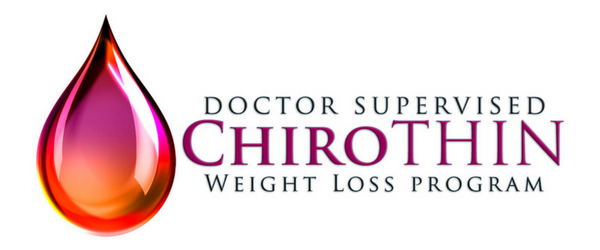
An estimated 45 million Americans go on a diet each year and spend over $33 billion dollars on weight loss related products.
And yet, the obesity rate in America remains high. Weight loss is a difficult process, and dieting is not a one size fits all endeavor.
Despite conventional wisdom on the matter, dieting requires more than just eating less and exercising more. Many people make the mistake of thinking that eating less food will lead to weight loss, but this simply isn’t true. The human body isn’t that simple.
In many ways, food can actually be the essential ingredient in reaching healthy and significant weight loss. If you’re trying to lose weight and struggling, read on. We’ll walk you through why eating less to lose weight is a bad idea, and healthy alternatives you can take to drop pounds instead.
What Happens When You Eat Less Food
The equation in your head is probably simple. Less food equals fewer calories, equals less weight. Right?
You can’t be blamed for following this line of logic, but this way of thinking couldn’t actually be further from the truth.
Your body is trained and engineered for survival. We all have different weight ranges that the brain attempts to keep our body at. These ranges are defined by genetics and life experiences. When your body stops receiving the expected amount of food, it can go immediately into survival mode.
This means that instead of shedding pounds, your metabolism slows and your body attempts to actually store fat in anticipation of a lack of food.
Levels of an appetite-inducing hormone called leptin decrease, causing you to feel hungrier. As you continue to eat less, your body begins to break down muscle to use for energy. This muscle loss causes metabolism to slow even more, and you burn even fewer calories as a result.
You’re actually accomplishing the opposite of what you want by attempting to lose weight via eating less. The truth is, the amount of food is typically less important than the type of food we eat.
What Foods Cause Weight Gain?
What in your diet is really worth cutting out, then? Anything with refined carbohydrates, says doctors. Sugar and processed grains make up more of our diets than we’re willing to admit, and they can be a death wish to a healthy figure and body.
Refined carbohydrates increase insulin levels in the body, and cause anabolic hormones to spike. When you eat a lot of refined carbs, insulin surges trigger your body’s fat cells to soak up calories. But if you’re eating poorly, there’s not enough calories and nutrients to provide the body with what it needs.
Your brain then recognizes this mismatch and triggers a response to slow your body’s metabolism. This will only cause you to lose weight slower and want to eat more. Very quickly you can become trapped in a vicious cycle of weight gain.
Instead of dropping carbs altogether, you should consider switching to whole grains. Try using whole wheat pasta or bread. Make your grain intake consist of more things like oatmeal, brown rice, or grits.
Having items prepared differently can also lower the intake of these bad carbs. Instead of getting your favorite items fried, try to order them baked, broiled, or steamed.
Unless you work to cut out refined carbohydrate items from your diet, your significant weight loss will be difficult.
What Foods Help With Weight Loss?
The only healthy and sure-fire way to lose weight is not to eat less, but to eat right. Simply looking at calories is a misguided way to think about dietary health– some high-fat foods like avocados, nuts, and olive oil are actually some of the healthiest things for us.
Eating a healthy mix of proteins, fats, and vegetables can make for a balanced diet. Constructing your meals in this way will help naturally bring you to the recommended carb intake rate of 20-50 grams per day. In general, eating slower and with more focus on when your body becomes full is also highly recommended.
Proteins
Protein-rich foods, like meat, fish, and eggs can boost your metabolism significantly. Protein-heavy diets can also reduce cravings and food-related thoughts by up to 60%.
So just by adding protein to your diet, you can actually reduce your carb intake and your desire to snack.
Vegetables
Vegetables are incredibly rich in health-improving nutrients and very low in carbs, meaning you can eat massive amounts of them without going over your carbohydrate limit.
Vegetables can provide your body with all the fiber, vitamins, and nutrients it needs to function properly, and none of the fat. Focusing on a variety of vegetables of different colors can help to provide your body with different kinds of nutrients. At the end of the day, it seems your parents were right– you should eat your veggies!
Fats
Avoiding fat altogether isn’t the right way to diet. Some fats are actually important and healthy for your body to obtain, as long as you’re doing so responsibly. Small amounts of butter, for example, can actually be beneficial to the body. Olive or coconut oil, or avocados, can be healthy for your body.
It’s a bad idea to attempt to lower both carb and fat intake at the same time– it can leave you feeling miserable! Make sure you’re getting a healthy intake of fat to keep your diet going strong.
Eating Less To Lose Weight Is A Bad Idea
Many people wrongly assume that eating less to lose weight is the best way, or even the only way, to diet. This is a popular conception that needs to pass. Dieting via meal subtraction is not only effective, it’s downright dangerous.
A healthy and well-balanced diet of proteins, vegetables, and fat sources is the only way to guarantee weight loss in the long term and to stay healthy while doing so.
Want more dieting and weight loss advice? Check out our blog for more.
